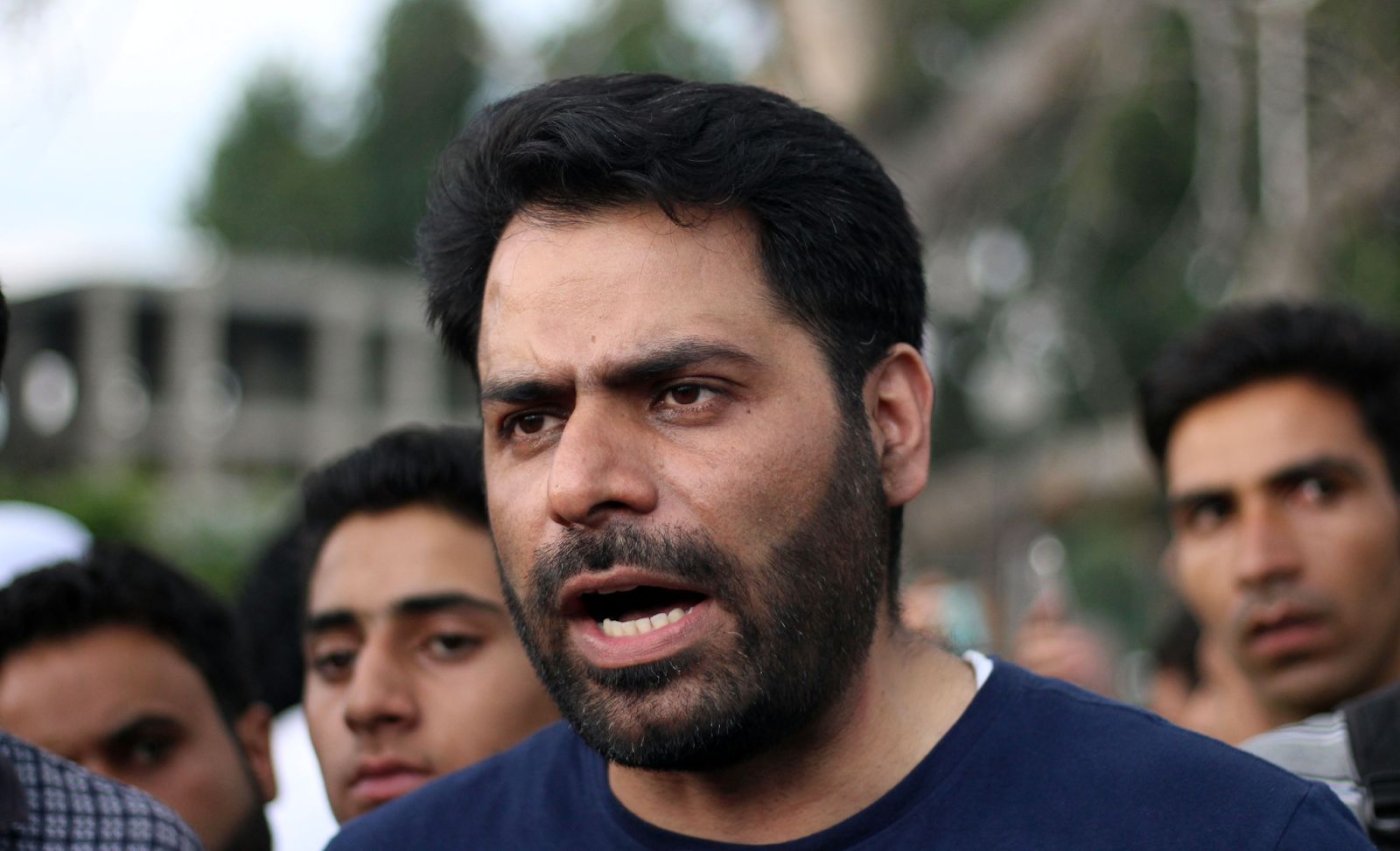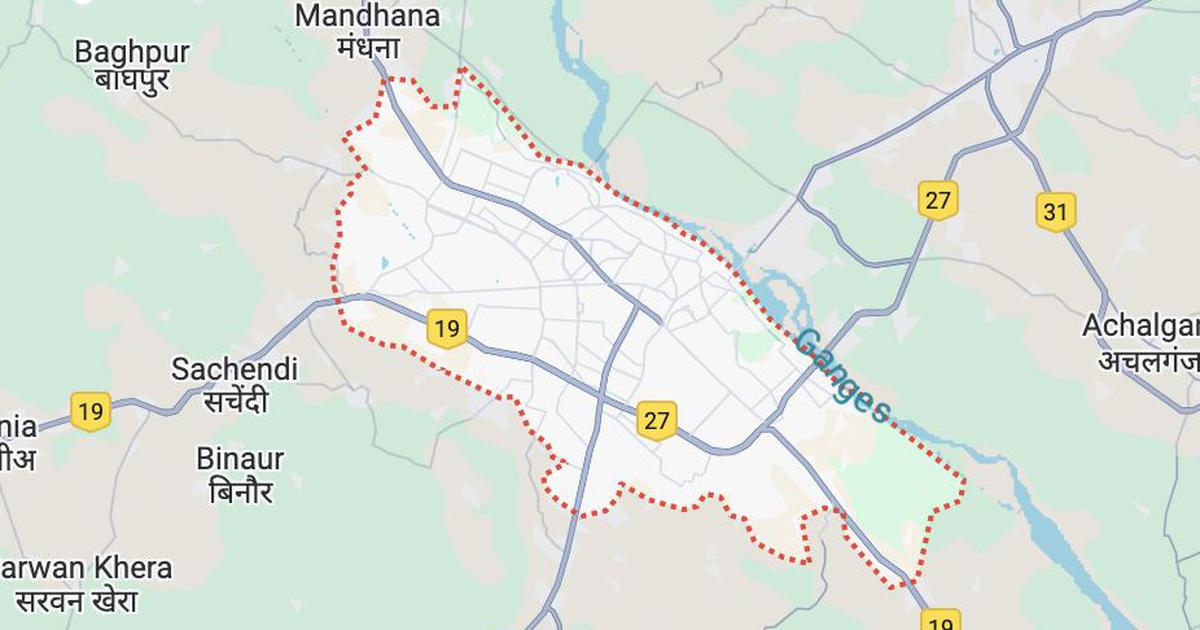
By Betwa Sharma
Delhi: In the terrorism case registered against Kashmiri human rights activist Khurram Parvez, the National Intelligence Agency (NIA) has cited two human rights reports as evidence that his non-profit was promoting secessionism and tarnishing India’s image under the garb of human rights work in Jammu and Kashmir (J&K).
Parvez, 47, was the programme coordinator of the Jammu and Kashmir Coalition of Civil Society (JKCCS), a nonprofit coalition of human rights, advocacy, and research groups started by a Kashmiri lawyer, Parvez Imroz, in 2000.
Over two decades, the JKCCS published 18 reports on human rights violations and the impunity enjoyed by security forces and the police in the erstwhile Muslim majority state, now a union territory, ravaged by a Pakistan-backed insurgency since the 1990s.
Lawyers said the NIA appeared to criminalise human rights reports by citing the Structures of Violence Report (published in 2015) and the Torture Report (published in 2019) as evidence in a case registered under India’s counterterrorism law, the Unlawful Activities Prevention Act (UAPA), 1967.
This sets a dangerous precedent, they said, that could have a chilling effect on other groups investigating human rights violations and producing critical reports.
Mihir Desai, a senior advocate who practises in the Bombay High Court and the Supreme Court and has collaborated with the JKCCS on human rights reports, said the NIA cited the reports to prevent any critical voices from coming out of Kashmir.
“The present establishment is criminalising any narrative that is different from their own narrative,” said Desai. “Anything written about human rights violations is going to be frowned upon. If it is Kashmir, it will be frowned upon even more.”
This story was originally published in article-14.com. Read the full story here.






